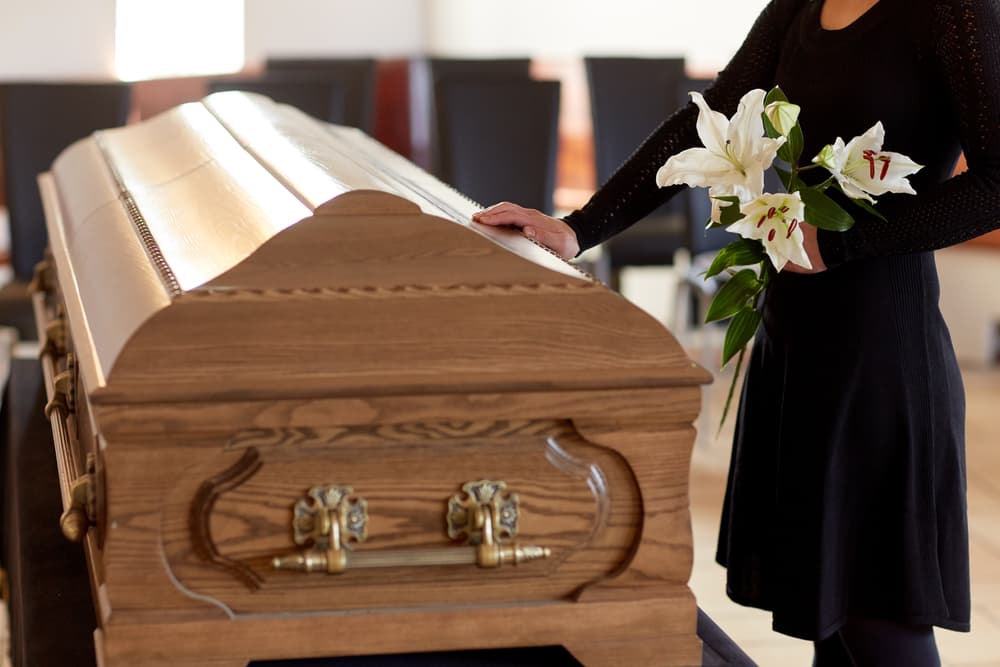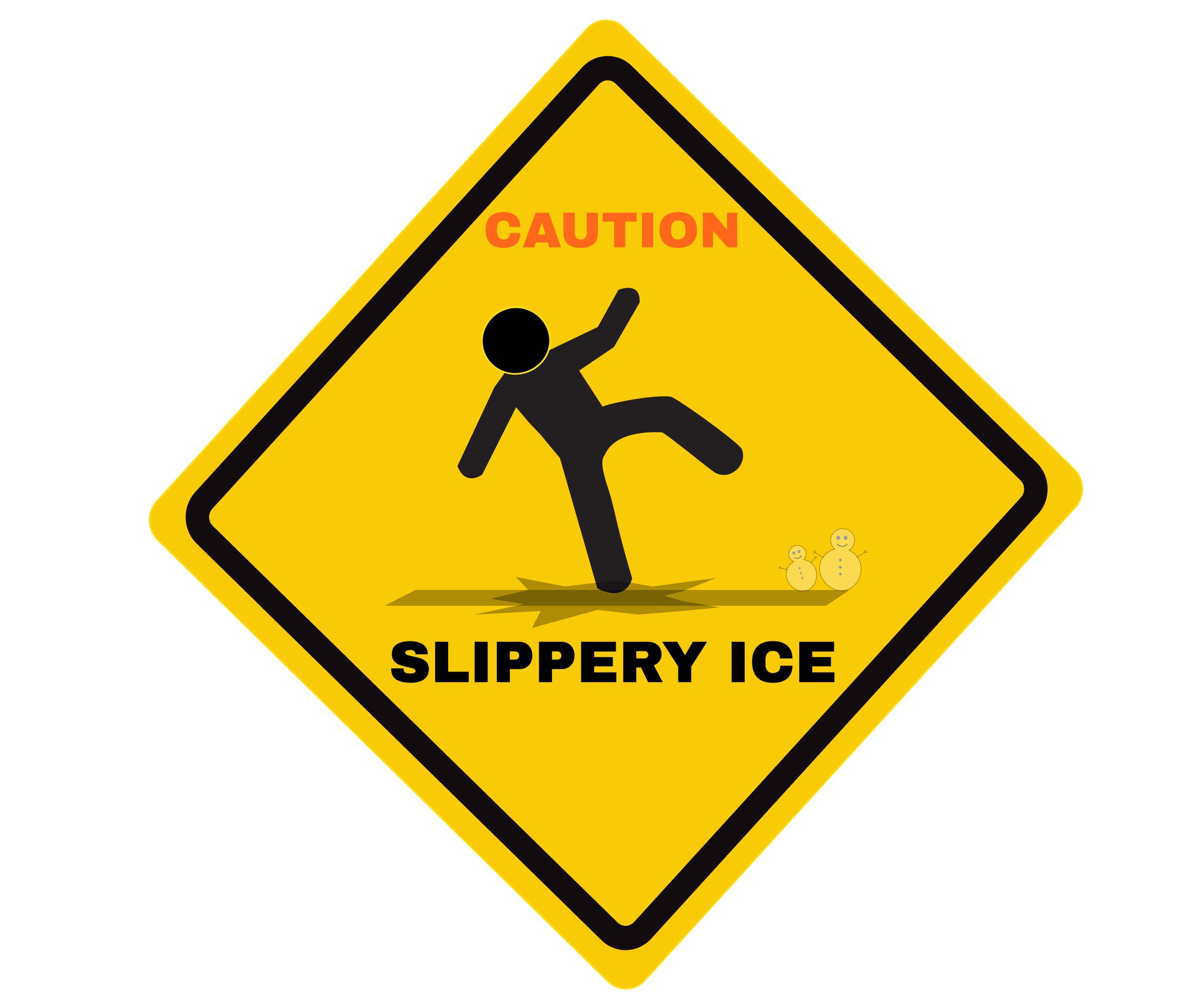When tragedy strikes and someone you love loses their life in a preventable accident, you may feel overwhelmed and unsure about where you can turn for help or what your options may be to seek compensation. Thankfully, you do have the right to pursue legal remedies by filing a wrongful death suit.
With the help of an experienced wrongful death lawyer, you can gain a more detailed understanding of wrongful death claims, how the process works, and when to file a solid claim to seek the compensation you deserve in the wake of your loved one’s death. Your attorney will investigate your case thoroughly, explain the options available, and lead you through the legal process from start to finish.
Before filing a wrongful death suit, it’s necessary to have a clear picture of what a wrongful death claim is, including essential details like who is eligible to file such a claim.
Overview of Wrongful Death Law

If you are considering filing a wrongful death suit after the loss of your loved one, there are several important factors to consider. You should begin with how the law defines wrongful death, the critical legal elements you must establish for a successful wrongful death claim, and the criteria regarding who is eligible to file a wrongful death suit.
If all of this sounds complicated – it is. And the last thing you need to add to your plate is deciphering complex laws, legal standards, and evidence. While you focus on your grief and moving forward without your loved one, allow a skilled wrongful death attorney to begin handling the legal process.
While your wrongful death lawyer can provide a comprehensive and personalized breakdown of how the legal principles of wrongful death apply to your specific situation, the information described below can be valuable as you begin the process and determine your eligibility to file a claim.
Legal Definition of Wrongful Death
From a legal standpoint, wrongful death refers to a situation in which the actions, negligence, or recklessness of a party that bore some level of responsibility to protect someone caused an individual’s death. A wrongful death can result from a variety of causes, including accidents or criminal actions.
Generally speaking, if the deceased injury victim would have the right to file a personal injury claim had they survived, the surviving family will be eligible for wrongful death damages after they pass away. To be sure whether you have a claim or not, seek a free case evaluation with a wrongful death lawyer immediately.
Key Elements to Establish a Wrongful Death Claim
Three key elements must be evident to establish a wrongful death claim successfully. If the following elements are present in your claim, you can significantly improve your chances of obtaining the compensation you seek.
- Negligence — There should be evidence to support the claim that the responsible party either exercised carelessness or actively engaged in wrongful conduct that caused the fatal accident.
- Causation — You must show that the responsible party’s actions or negligence were the direct cause of your loved one’s death.
- Surviving Dependents — Individuals who are eligible to file a wrongful death suit are often limited to immediate (and dependent) family members whom the decedent’s death has financially impacted.
When your claim accounts for all the above elements, your lawyer will get everything in order and begin officially filing your wrongful death suit.
Eligibility Criteria for Filing a Wrongful Death Suit
Eligibility to file a wrongful death suit can vary slightly from one state to another. Still, close family members are typically the only individuals legally allowed to file such a claim. Eligibility is determined using the following criteria as a guide.
Relationship to the Deceased
The familial relationship between the claimant and the deceased individual is a crucial element in determining eligibility to file a wrongful death suit. Typically, the breakdown of eligibility by relationship considers the following factors:
- Immediate Family — Spouses, children, and parents are at the top of the list for eligibility in filing wrongful death suits.
- Dependents — Individuals directly affected by the decedent’s death financially may also have a case to file a claim.
- Life Partners & Others — In some cases, individuals who were not legally married to the decedent but shared financial interdependence may have grounds for eligibility.
Establishing the nature and extent of a claimant’s relationship and level of dependence upon the decedent is vital to laying the foundation for a wrongful death claim.
Determining Financial Dependence
Financial dependence is a critical factor in establishing an individual’s eligibility to file a wrongful death suit. Establishing applicable economic dependence involves demonstrating that the claimant relied on the decedent for financial support, including income, housing, and other assistance and provisions.
Common Scenarios for Wrongful Death Suits
Many different scenarios can lead to a wrongful death suit, ranging from catastrophic accidents to other types of negligence. Some of the more common types of situations that lead to filing wrongful death claims include:
- Traffic Accidents
- Falls
- Defective Products
- Nursing Home Abuse
- Intentional Acts (Assault, Murder, etc.)
Though the list above is not exhaustive, many wrongful death suits arise from one of the categories listed. Regardless of the type of accident that caused your loved one’s death, you have the right to justice and compensation for the pain you are going through.
The Role of Executors & Personal Representatives
Finding your way through the often complicated landscape of a loved one’s death is never easy, particularly when the legalities involved require the appointment of people to fill roles like executors of estates or personal representatives. Understanding these roles, responsibilities, and functions in wrongful death suits is essential.
Appointment of Executors
When an individual dies and they had a valid will, the will typically names an executor to administer the decedent’s estate. However, if the individual dies without having a will (referred to as “dying intestate”), things become more complicated. The court will appoint an executor or a personal representative.
Responsibilities & Rights of Executors
The executor of a deceased person’s estate bears the fiduciary responsibility to faithfully carry out the decedent’s wishes following the estate’s best interests. Though not always the case, these responsibilities may include initiating legal proceedings (such as a wrongful death claim) on behalf of the estate and its beneficiaries. Typical duties of executors include:
- Assessing and managing assets
- Notifying beneficiaries and creditors
- Initiating necessary legal actions
The executor of an estate will stay on board throughout the process until they resolve all affairs related to administering the estate.
How Personal Representatives Can File Wrongful Death Suits
The court empowers an executor or personal representative of an estate to initiate legal proceedings. These powers include:
- Legal Standing — The executor or personal representative has the legal power to file a wrongful death suit on the estate’s behalf as long as it is in the best interests of the beneficiaries and the estate itself.
- Distribution of Damages — If a wrongful death suit is filed and is successful, the executor or personal representative is responsible for properly distributing the compensation awarded to the estate’s beneficiaries.
Having a grasp of the roles and responsibilities of executors and personal representatives of deceased individuals is crucial, as these people are the ones who will carry out the legal actions required in a wrongful death claim.
Statutes of Limitations in Wrongful Death Cases
Like many legal actions, the statutes of limitations govern a wrongful death suit. A statute of limitations is a legal time limit on a specific action type. A person must take action within the legally allowed timeframe or forfeit their opportunity.
Overview of Statutes of Limitations
Two aspects can give a basic explanation of statutes of limitations in wrongful death cases:
- Legal Timeframe — Statutes of limitations set a maximum amount of time an individual may wait to file a suit, which is crucial in a wrongful death suit.
- Varied Timelines — Statutes of limitations vary by jurisdiction, so becoming familiar with the specific details in your state is important to consider.
Having a wrongful death attorney by your side to explain these factors to you is critical. Your lawyer will ensure you file your wrongful death suit well within the legally allotted timeframe and that you remain in compliance with all applicable legal regulations.
Exceptions & Extensions to Statutes of Limitations
While statutes of limitations are in place to provide consistent timeframes for filing wrongful death suits, there may be specific scenarios in which there are exceptions or extensions. Though these extensions are temporary, they may give you more time to complete your filing. Consult with your lawyer to determine if your unique situation may have grounds to seek an exception or extension.
Potential Damages in Wrongful Death Cases

Though every case is unique, and there is no “one size fits all” explanation for potential wrongful death compensation, a brief overview can define the basic categories of economic damages, non-economic damages, and (in some cases) punitive damages.
Economic Damages
Economic damages encompass quantifiable expenses incurred as the result of your loved one’s death. Common monetary damages in a wrongful death suit include:
- Medical Expenses
- Funeral & Burial Costs
- Loss of Financial Support
The losses above should be easily verifiable by presenting medical bills and other expenses you have incurred.
Non-Economic Damages
While it is easy to show economic damages, non-economic damages can be more subjective and challenging to establish. Common types of non-economic damages include:
- Pain & Suffering
- Loss of Companionship
- Emotional Distress
Though they are not always as tangible as economic damages, non-economic damages are no less “real” and deserve compensation.
Punitive Damages
In some cases (which can vary by jurisdiction), the court may award punitive damages to punish the responsible party further. These damages are for cases where the responsible party exhibited gross negligence or caused intentional harm.
Common Challenges in Wrongful Death Suits
Wrongful death suits are standard legal proceedings but come with obstacles and challenges. Some of the more commonplace challenges possible in a wrongful death claim are:
- Disputing liability and partially or completely blaming the deceased for the accident
- Challenging whether the fatality was due to the injury in question or a preexisting condition
- Asserting the insurance policy does not cover the conduct that caused the death
These factors and other complexities can pose risks that may hinder a successful wrongful death suit. Fortunately, the right wrongful death lawyer can address challenges for you, proving the compensation you deserve for your loss.
Why You Need a Wrongful Death Attorney
A wrongful death claim, like any legal issue, is often far too complicated for anyone but a trained professional to handle efficiently and effectively. When you have lost a loved one and are facing financial challenges, you need the insight and guidance of someone you can trust. Having a legal professional in your corner gives you the assistance you need and puts you in a stronger position to see the outcome you deserve. You have a lot depending on the result of your wrongful death claim — trust a knowledgeable lawyer to lead you.
Contact an Experienced Wrongful Death Lawyer as Soon as Possible

Following an accident that takes the life of a close family member, you have enough to deal with. Overwhelming grief, unimaginable stress, and the responsibilities of attending to their affairs and funeral arrangements are all challenges that can suddenly present themselves. The added stress of considering legal options isn’t something you should have to carry alone. Working with a knowledgeable wrongful death lawyer can move your case in the right direction.
Suppose a preventable accident caused by the actions or negligence of another party killed your loved one. In that case, you can pursue fair financial compensation by filing a wrongful death suit. If you are an eligible party, you can work with a skilled lawyer to begin filing your claim. You don’t have to face this trying time alone. Though the legal process can be complicated and confusing, an experienced wrongful death lawyer will be available to assess the details of your situation, keep you well-informed throughout the process, and navigate the process confidently.
Reach out to a knowledgeable personal injury attorney today to schedule a consultation to discuss your case.








